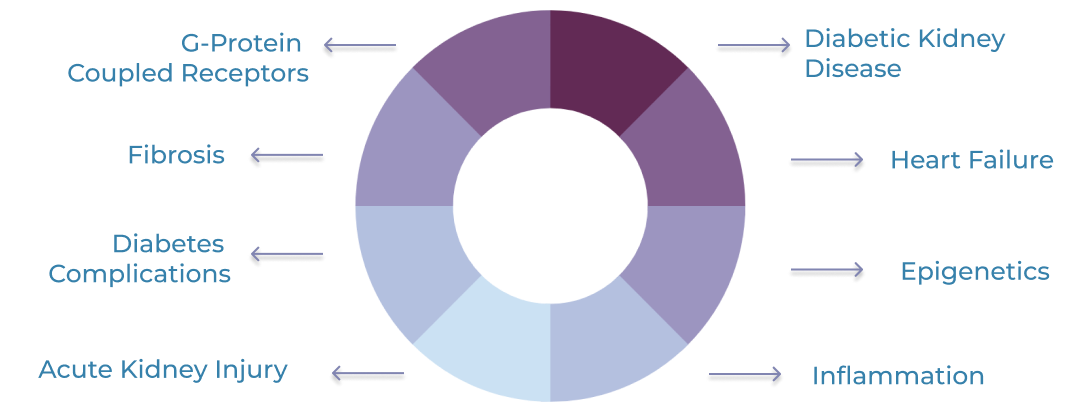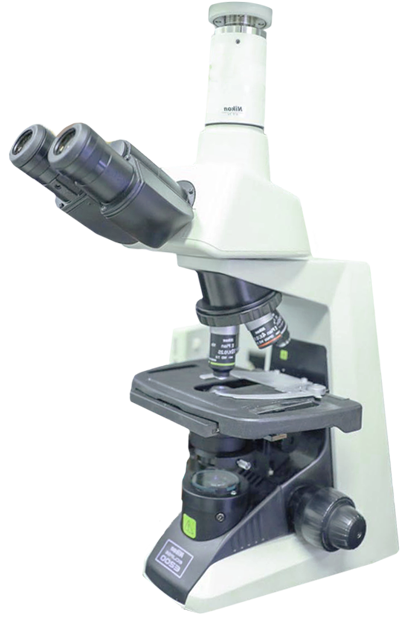About Us
The Advani Lab’s mission is to improve the lives of people with diabetes now and in the future.
Diabetes happens when the sugar levels in your blood are too high. When the sugar levels in your blood are too high for too long this can cause long-term health problems like kidney disease and heart disease. These long-term health problems are called diabetes complications.
Our Objective
Our objective is to improve the lives of people with diabetes, now and in the future. To achieve this objective, our research program has three strands:
Investigating the causes of kidney disease in diabetes, with a focus on epigenetic processes, inflammation, chronic kidney disease and acute kidney injury.
Exploring the causes of heart failure, especially heart failure in diabetes, focusing on understanding how inflammation affects heart function.
Understanding the lived experience of those with diabetes, and exploring how people with diabetes can partner with their healthcare organization to improve diabetes care.
Research Interests
Our discovery research focuses on the causes of kidney disease and heart disease, especially kidney disease and heart disease in diabetes. 
Lab Members

Dita Chamoun
Research Coordinator III

Suzanne Advani
Research Technician II

Lisa Hong
Graduate Student

Youan Liu
Research Technician IV

Sri Batchu
Senior Research Associate

Duc Tin Tran
Post-Doctoral Fellow

Harmandeep Kaur
Post-Doctoral Fellow

Syeda Madiha Zahra
Post-Doctoral Fellow

Emily Yeung
Graduate Student

Andrew Advani
Principal Investigator
News
3rd October 2023
Some updates from our lab. Firstly, a very warm welcome to Dr. Syeda Madiha Zahra who has joined us as a new post-doctoral fellow, and to Emily Yeung who has joined us as a new graduate student. Secondly, congratulations to Lisa Hong on her first ever first-authored paper published in Disease Models and Mechanisms.
15th May 2023
Many congratulations to Dr. Duc Tin Tran on being awarded a Novo Nordisk-BBDC Postdoctoral Fellowship from the Banting and Best Diabetes Centre.
10th May 2023
We’re pleased to let you know about two new publications from our lab. The first was led by Dr. Veera Ganesh Yerra, published in the Journal of Clinical Investigation on 1st May 2023 (PMID:37115698). In it, we describe a new mechanism by which inflammation causes heart failure. The second was led by Dr. Harmandeep Kaur, published in the British Journal of Pharmacology on April 28 th 2023 (PMID:37115600), in which we report the G-protein coupled receptors expressed by activated kidney fibroblasts.








